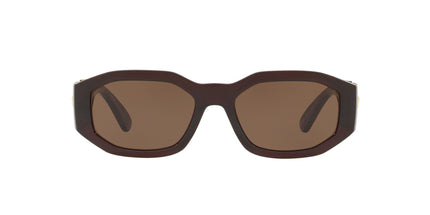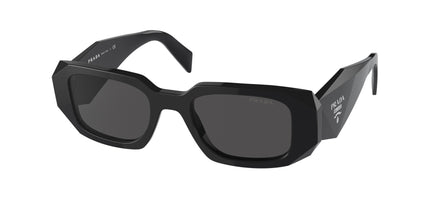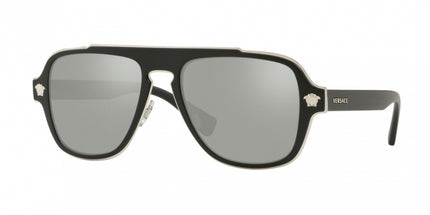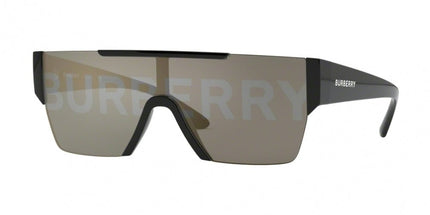The 4 Essential Vitamins for Your Eyes!
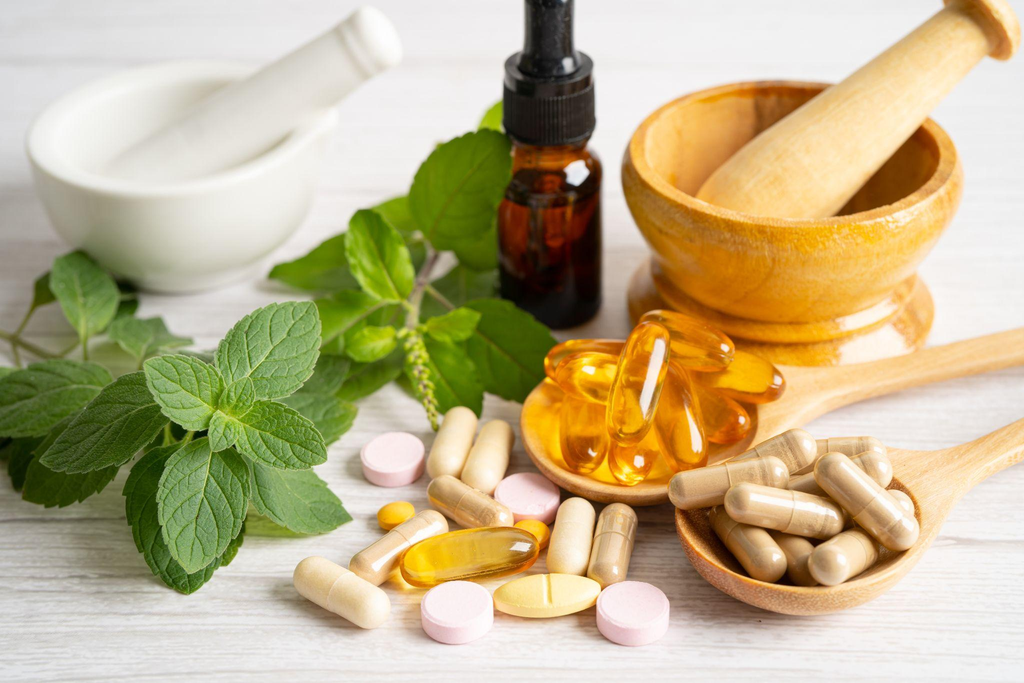
Eye conditions can originate from the deficiency of some vitamins. This can result in various eye conditions, including glaucoma, cataracts, and age-related macular degeneration. According to multiple scientific studies, some mineral supplements and vitamins can help slow the symptoms of these conditions and protect against them.
1. Beta Carotene and Vitamin A
Vitamin A is great for healthy vision. If you wear glasses, remember to add this vitamin to your diet. Vitamin A is a major component of the protein rhodopsin that helps the eyes to see in low light.
The American Academy of Ophthalmology revealed that a deficiency in vitamin A could cause night blindness. Vitamin A helps support the cornea’s functioning. People with vitamin A may experience dry eyes or little moisture to maintain lubrication.
Beta carotene is present in many veggies and fruits that you can include in your diet. Your body takes vitamin A from beta carotene rich diet.
Foods Containing Vitamin A
- Red pepper
- Squash
- Sweet potato
- Pumpkin
- Carrots
2. Vitamin E
Free radicals can damage body tissues and may sometimes damage proteins within the eye. This can cause cloudy areas in the eye, developing cataracts on the eye lenses. So, if you think only wearing glasses will help, it won’t! However, adding lots of vitamin E can help reduce the risk of this disease.
Foods Containing Vitamin E
- Sunflower seeds
- Safflower oil
- Almonds
- Peanuts
- Asparagus
- Wheat germ, corn, and soybean oil
3. Vitamin C
To all eyeglass wearers, including vitamin C in your diet will protect against UV light damage. With age, the amount of vitamin C produced in the eyes reduces. However, supplements and diet can help deal with this problem.
Taking vitamin C will protect your eyes from oxidative damage. Oxidative damage can cause age-related cataracts (nuclear and cortical cataracts). Nuclear cataracts can occur in the eye’s deep center.
In contrast, cortical cataracts can occur on the edges of the eye lens. According to a study, people who consume more vitamin C show 33% reduced symptoms of cataract progression. Their lenses remain clear overall.
Foods Containing Vitamin C
- Oranges
- Orange juice
- Brussel sprouts
- Grapefruit juice
- Broccoli
- Blackberries
B Vitamins
A study conducted in South Korea found a link between glaucoma and vitamin B3. Low intake of vitamin B3 (niacin) intake can cause glaucoma, fluid in the eyes that puts pressure on the optic nerve.
Damage to the optic nerve can result in vision loss. A study in 2020 showed that proper intake of vitamin B1 and mecobalamin could reduce the symptoms and risk of dry eye conditions.
Foods Containing B Vitamins
- Vitamin B12 (cobalamin): eggs, red meat, fish, liver, and poultry
- Vitamin B1 (thiamine): yogurt, pork, beans, lentils, fish, and green peas
- Vitamin B3 (niacin): peanuts, chicken, salmon, tuna, beef liver, and white and brown rice
- Vitamin B2 (riboflavin): almonds, clams, milk, beef, yogurt, oats, and mushrooms
- Vitamin B9 (folic acid): sunflower seeds, eggs, dark leafy greens, beans, seafood, and peanuts
- Vitamin B6 (pyridoxine): tuna and salmon, poultry, dark leafy greens, chickpeas, and beef liver
If you don’t take animal products in your diet, you can take fortified food items and supplements.
Other Nutrients Good for Eyes
1. Zeaxanthin and Lutein
Zeaxanthin and lutein are carotenoids present in huge volumes in green leafy veggies. You will also find them in the retina and lenses of your eyes. These two carotenoids may reduce oxidative damage caused in the retina.
Foods Containing Zeaxanthin and Lutein
- Lettuce
- Egg yolks
- Corn
- Broccoli
- Asparagus
- Peas
- Spinach
- Kale
2. Zinc
Zinc mineral supports and maintains the retina’s health, protein structure, and eye cell membranes. It’s with the help of zinc that vitamin A travels from the liver to the retina, thus producing melanin. Zinc addition to the diet may also reduce the risk of developing AMD in people.
Foods Containing Zinc
- Beans
- Turkey
- Seafood (lobster, oysters, and crab)
- Nuts
- Chickpeas
- Pumpkin seeds
- Milk
- Whole grains
- Fortified cereals
3. Omega-3 Fatty Acids
The eye’s retina contains omega-3 fatty acids in high concentration. Fatty acids in the eyes protect the retina from degeneration and damage. If you face dry eye syndrome, your doctor may recommend omega-3 fatty acids.
Foods Containing Omega-3 Fatty Acids
- Walnuts
- Chia seeds
- Flaxseed
- Oily fish (tuna, sardines, and herring)
Conclusion
If you wear glasses or not, adding these specific nutrients and vitamins can help support and maintain good eye health. Including some of these may even help prevent specific eye conditions from progressing or developing. A balanced, healthy diet will provide you with the necessary nutrients your eyes need.








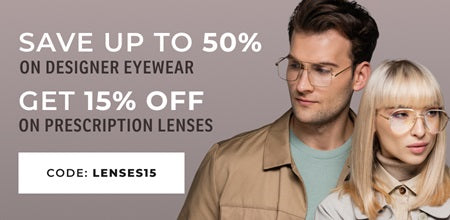




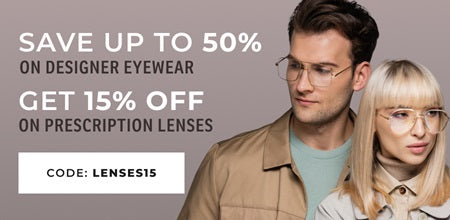

 Back to Blog Page
Back to Blog Page




